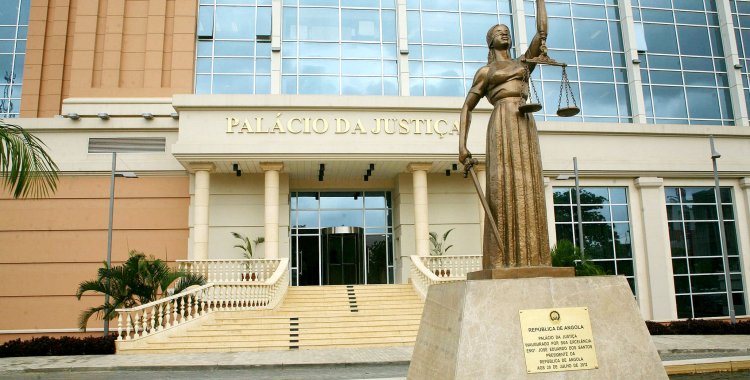The proposed law on the General Treasury of the Courts, approved this Thursday in general and unanimously in the National Assembly, established this body as the entity that collects and manages revenues from the courts of common jurisdiction and the PGR.
According to the Minister of Justice and Human Rights, Marcy Lopes, the proposal involves the formal institutionalization of the CGT, to "solidify" the administrative, patrimonial and financial autonomy of the judiciary.
The legal diploma arises from the need to make the CGT a sustainable financial instrument, with an organized and functional structure, capable of improving working conditions in the courts and in the Attorney General's Office, referred to in the law's reasoning.
The proposal, which received a favorable vote from all deputies in the plenary, "is in line with political commitments to the reform of the State and public administration, good governance and the fight against corruption and impunity", the diploma also reads.
Revenues from the General Treasury of the Courts constitute 40 percent of the justice fee charged in all judicial proceedings, 40 percent of the court fee charged in all legal proceedings that are intended for the co-participation in emoluments of magistrates and court employees and the PGR, proceeds from the sale of assets managed or administered by the CGT and others.
The General Coffer of the Courts, whose proposed law regulating its operation must now be forwarded to the specialty committees, is an asset fund dependent on the Superior Council of the Judiciary and the Attorney General's Office.







